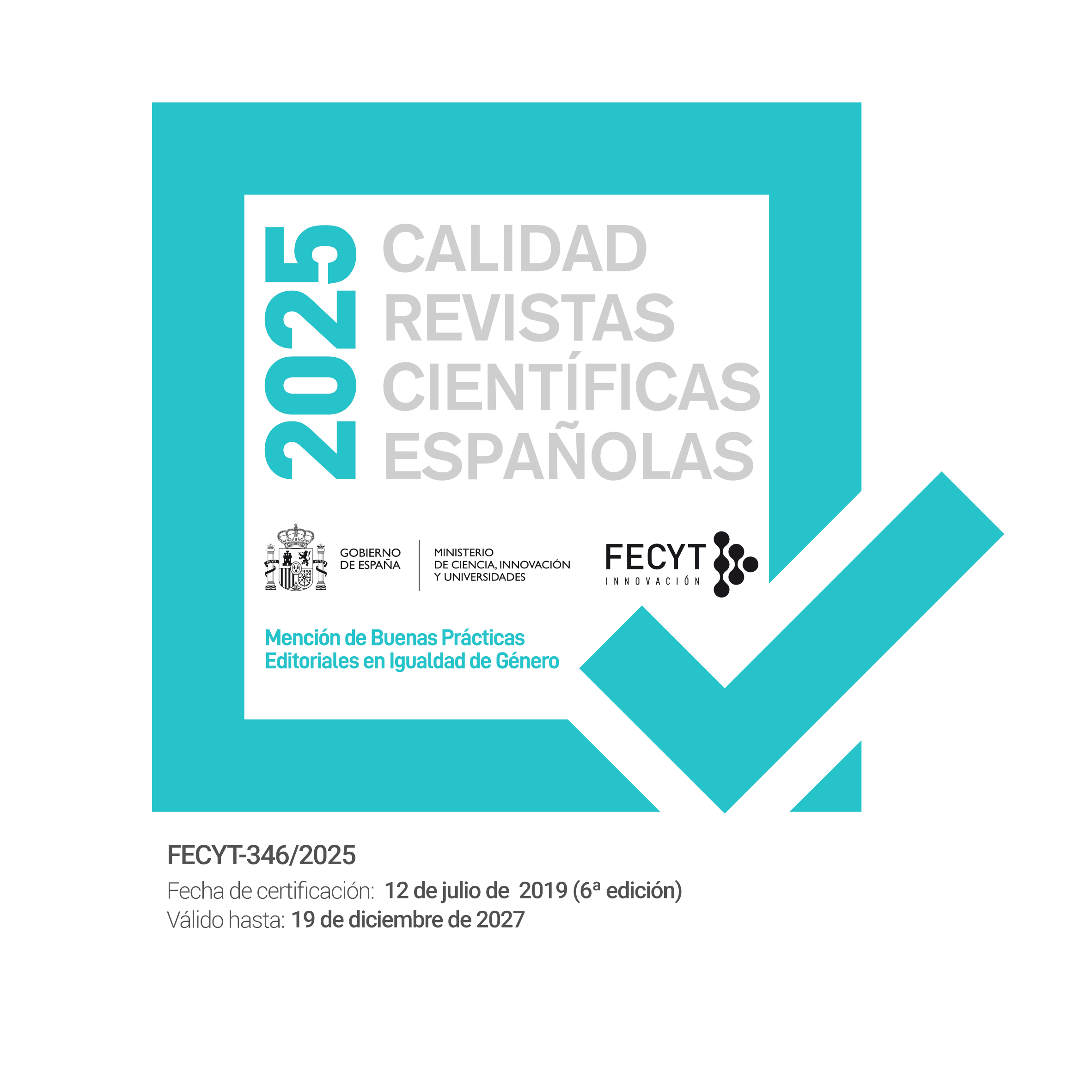Investigando a la extrema derecha: desmitificaciones, nuevas tendencias, y oportunidades académicas
Palabras clave:
extrema derecha, violencia, close up, ultraderecha, orientacion politicaResumen
Dado que los movimientos de extrema derecha y sus expresiones violentas están resurgiendo, es de suma importancia adentrarse en estos movimientos y analizar qué es lo que atrae a la gente a unirse a grupos que promueven la agresión y el uso de la violencia. El estudio de la extrema derecha se ha llevado a cabo bajo prejuicios del mundo académico alegando los riesgos al contagio o a darle visibilidad a estos grupos. Esto, en consecuencia, ha dado lugar a la falta de metodologías, bases de datos de información y las herramientas de investigación. El objetivo de esta recensión es presentar una reflexión sobre el estudio de la extrema derecha mediante un análisis de investigadores de ultraderecha de todas partes de el mundo. Aquí se presenta una recensión sobre los libros: Researching Far Right Movements, de Emanuele Toscano; Researching the Far Right Theory, Method and Practice, de Stephen D. Ashe, Joel Busher, Graham Macklin y Aaron Winter, y Strangers in Their Own Land, de Arlie Russell Hochschild. A través de esta reseña, se destacan los hallazgos, conclusiones y limitaciones que se han encontrado a la hora de estudiar a la extrema derecha y el potencial que existe al adentrarse a este lado de la sociedad que a veces se evita en la academia.
Descargas
Citas
Ashby, Heather (2021). Far-Right Extremism Is a Global Problem. Foreign Policy, 15 de enero, (enlace).
Ashe, D. Stephen; Joel Busher; Graham Macklin y Aaron Winter (eds.) (2020). Researching the far right theory, method and practice. Routledge. https://doi.org/10.4324/9781315304670
Bizeul, Daniel (2019). Reporting the "good deeds" of far-right activists. En E. Toscano (ed.) Researching Far-Right Movements: Ethics, Methodologies, and Qualitative Inquiries (pp.75-89). Routledge. https://doi.org/10.4324/9780429491825-5
Hochschild, Arlie Russell (2018). Strangers in their own land: anger and mourning on the American right. The New Press. [Edición en español: Extraños en su propia tierra. Réquiem por la derecha estadounidense. Capitan Swing.]
Pilkington, Harry (2019). "Field observer: Simples." Finding a place from which to do close-up research on the "far right". En E. Toscano (ed.) Researching Far-Right Movements: Ethics, Methodologies, and Qualitative Inquiries (pp.23-40). Routledge. https://doi.org/10.4324/9780429491825-2
Ravndal, Jacob Aasland y Anders Ravik Jupskås (2020). Methods for mapping far right violence. En D.S. Ashe, J. Busher, G. Macklin y A. Winter (eds.), Researching the Far Right: Theory, Method and Practice (pp.132-146). Routledge. https://doi.org/10.4324/9781315304670-8
Toscano, Emanuele (ed.) (2019). Researching Far-Right Movements: Ethics, Methodologies, and Qualitative Inquiries. Routledge. https://doi.org/10.4324/9780429491825
Toscano, Emanuele y Daniele di Nunzio (2019). The dark side of the field. Doing research on CasaPound in Italy. En E. Toscano (ed.) Researching Far-Right Movements: Ethics, Methodologies, and Qualitative Inquiries (pp.90-106). Routledge. https://doi.org/10.4324/9780429491825-6
Waldner, Lisa y Betty Dobratz (2019). Rapport, respect, and dissonance: Studying the white power movement in the United States. En E. Toscano (ed.) Researching Far-Right Movements: Ethics, Methodologies, and Qualitative Inquiries (pp.41-58). Routledge. https://doi.org/10.4324/9780429491825-3
Wieviorka, Michel (2019). The specificities of researching evil. En E. Toscano (ed.) Researching Far-Right Movements: Ethics, Methodologies, and Qualitative Inquiries (pp.13-22). Routledge. https://doi.org/10.4324/9780429491825-1
Descargas
Publicado
Cómo citar
Número
Sección
Licencia
Derechos de autor 2021 Encrucijadas. Revista Crítica de Ciencias Sociales

Esta obra está bajo una licencia internacional Creative Commons Atribución-NoComercial-SinDerivadas 4.0.
Los autores/as conservan los derechos de autor y ceden a la revista el derecho de la primera publicación, con el trabajo registrado con la licencia de atribución de Creative Commons Reconocimiento-NoComercial (CC-BY 4.0), que permite a terceros utilizar lo publicado siempre que mencionen la autoría del trabajo y a la primera publicación en esta revista. Encrucijadas permite y se anima a todas las personas autoras a depositar la versión final publicada en repositorios institucionales o temáticos de acceso abierto, cumpliendo en caso necesario los términos establecidos por la entidad financiadora de la investigación.





